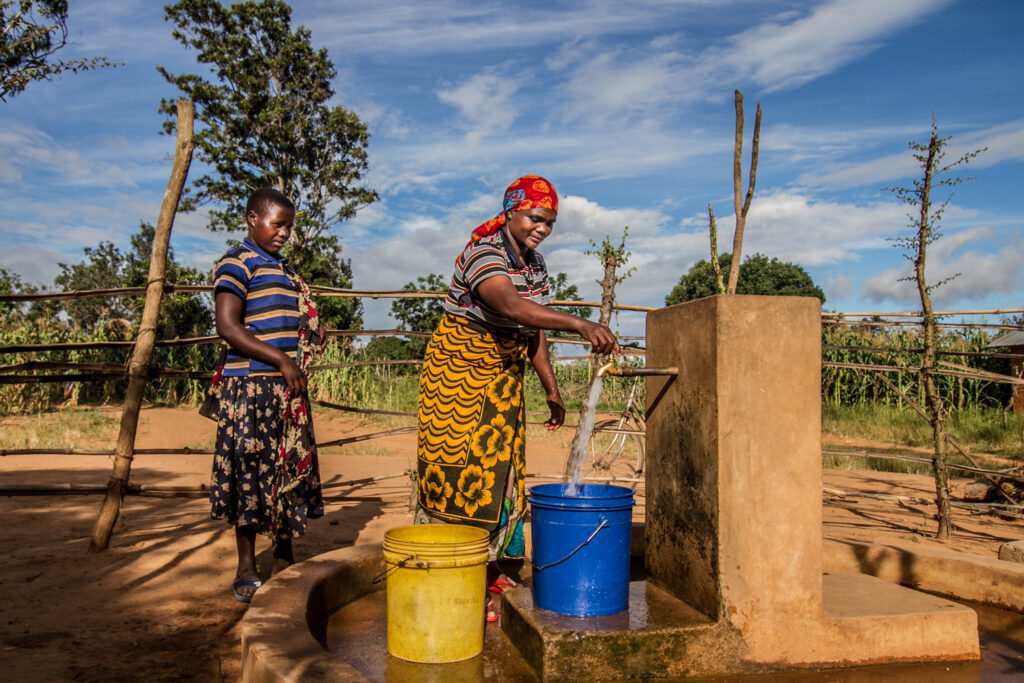Food security and climate change are two major development challenges of our time. In Africa, the food system is offtrack, and the climate is changing profoundly. In 2020, more than one in five people in Africa faced hunger—more than double the proportion of hungry people in any other region— and about 282 million of Africa’s population are undernourished. In West Africa alone, more than 27 million people needed immediate food assistance in 2021 due to a combination of drought, poverty, high food import prices, environmental degradation, displacement, poor trade integration, and conflict.
Adapting Africa’s food system to climate change is an imperative, not a choice. Food security declines by 5–20% with each flood or drought, while the region experiences about a 1.4% reduction in food calories per year from key food security crops. At the same time, while agricultural exports are rising, the continent remains a net food importer at an annual cost of $43 billion, and without action, the continent’s food import bill could top $110 billion by 2025.
Current actions to build resilience to climate change and related shocks across Africa’s food systems are promising, but not nearly enough to meet the scale of the problem. If global temperatures rise by an average of 3°C trajectory, as current trends suggest, disruption to current food systems will be profound and catastrophic for millions who will struggle to survive. Even on a 1.5°C trajectory, a more ambitious and urgent set of adaptation interventions are required to prevent widescale famine.
So, what will it take to adapt Africa’s food system to climate change?
Leading adaptation options for food systems are well defined and build on evidence and experience. These include public policy solutions, food value chain and livelihood solutions, and on-farm and productive landscapes solutions. A report from the Global Center on Adaptation, The State and Trends in Adaptation Report 2021: Africa, argues that public sector investments in Africa should prioritize research and extension, water management, infrastructure, land restoration, and climate information services to build resilience among small-scale farmers, pastoralists, fishers and small businesses.
The Accelerating the Impact of CGIAR Climate Research for Africa project, AICCRA, is a new $60 million initiative that supports research and capacity-building activities carried out by the Consultative Group on International Agricultural Research (CGIAR) and partner organizations, with the goal of enhancing access to climate information services and validated climate-smart agriculture technologies in Africa. It takes an innovative approach to filling the “missing middle” by bridging gaps between the organizations that generate and make available climate knowledge and Climate Smart Agriculture (CSA) technologies and the organizations and individuals that use this knowledge and technologies. While AICCRA investments will be concentrated in Ethiopia, Ghana, Kenya, Mali, Senegal and Zambia, spillover benefits are expected in other African countries as the project works with Regional Economic Communities and associated research networks. To date, partnerships have been forged across the continent to disseminate climate smart information services and build capacity for the adoption of climate smart agriculture technologies.

